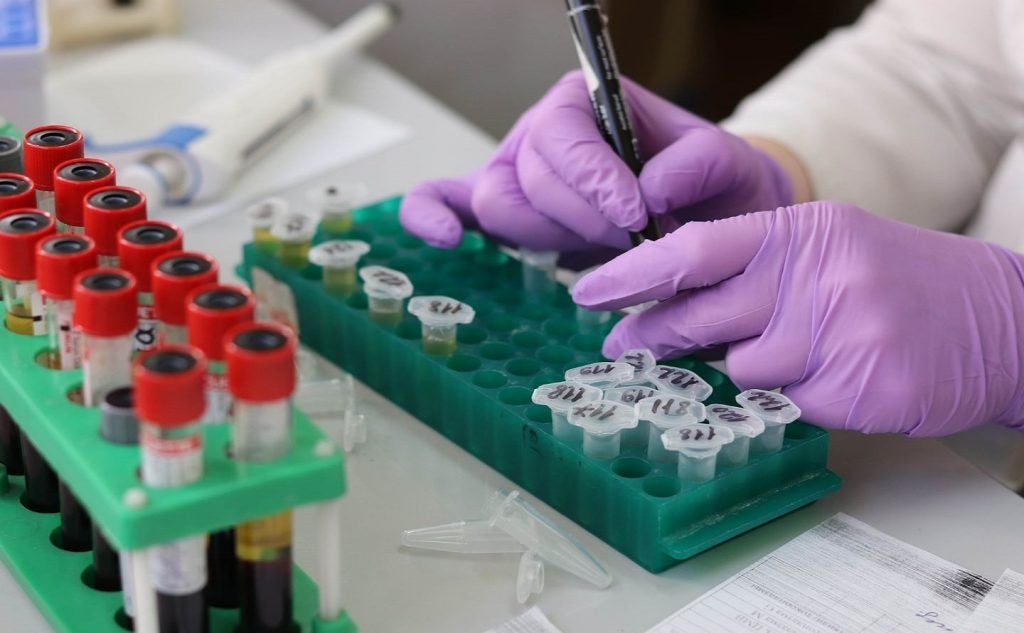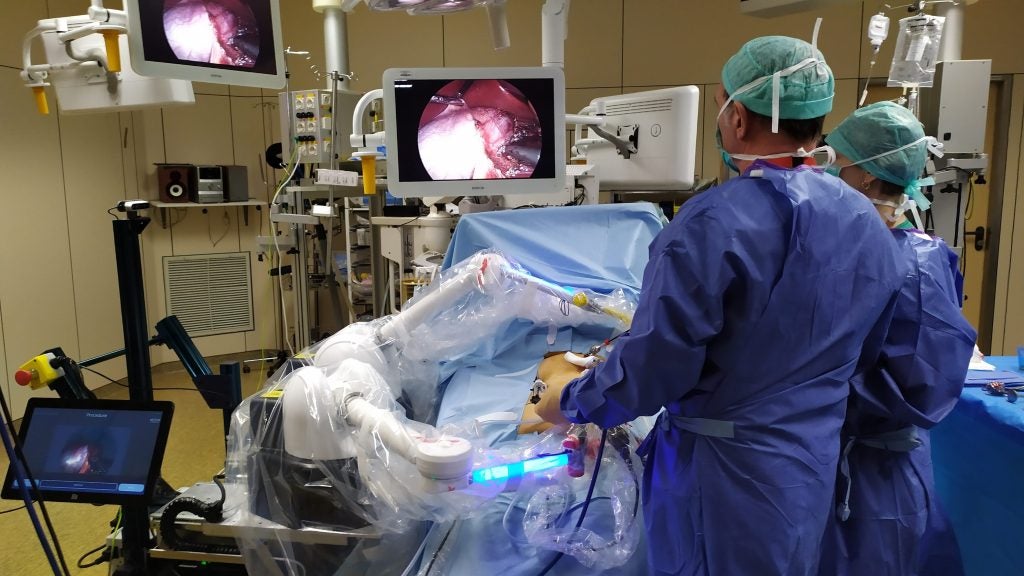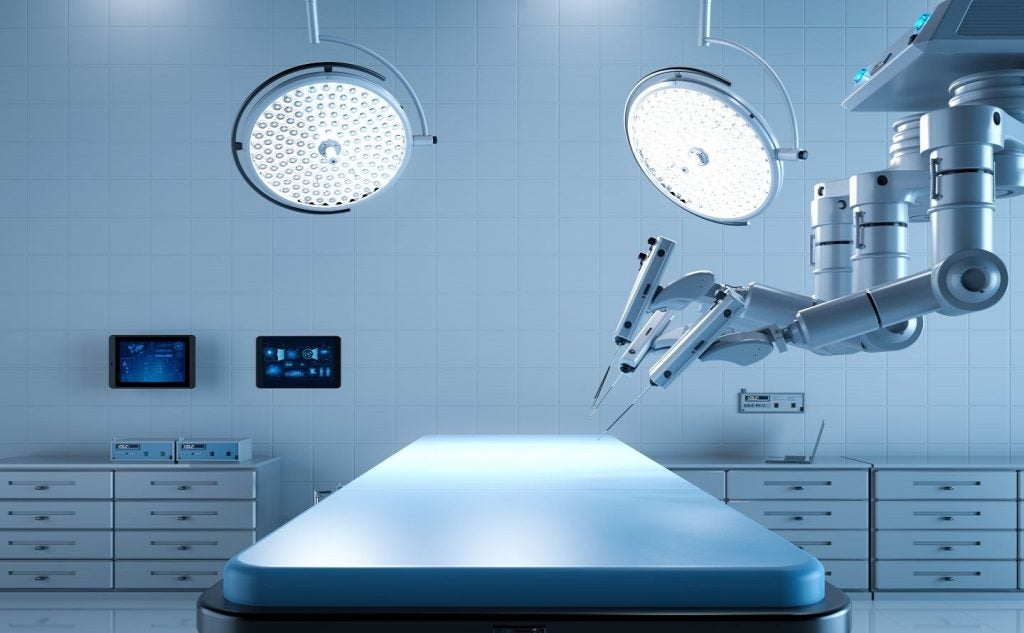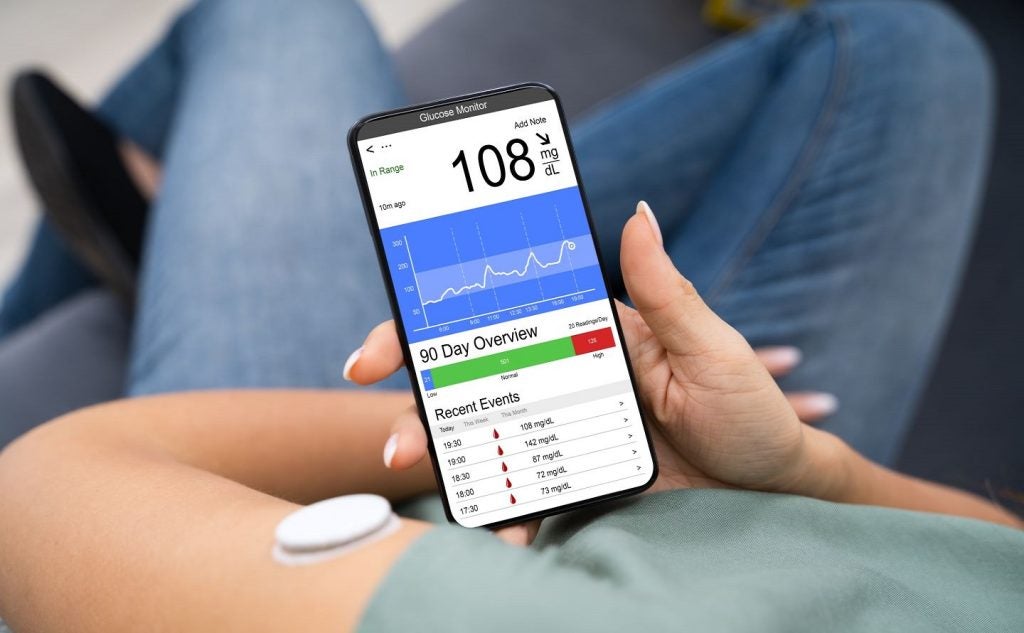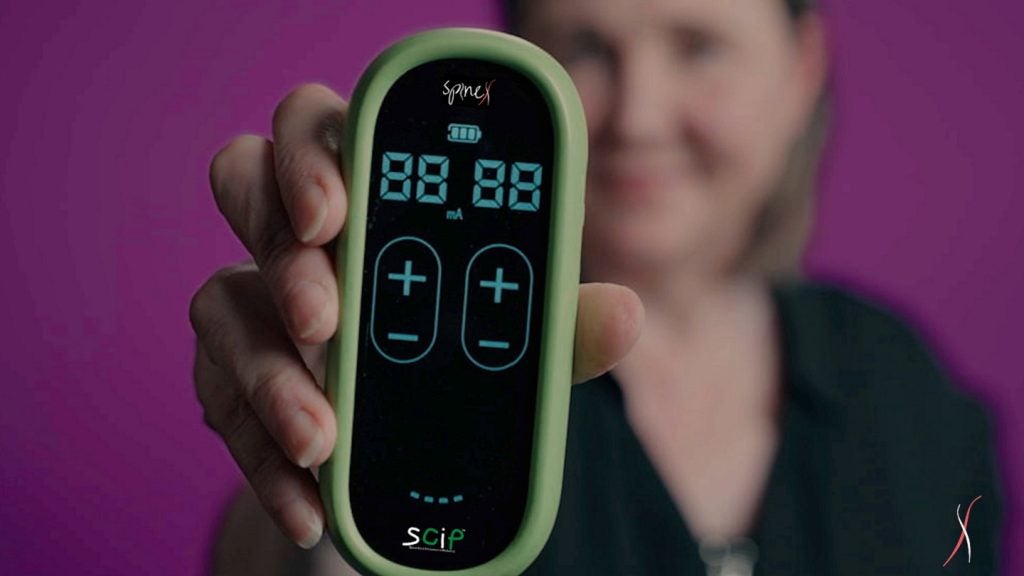Oxford BioDynamics (OBD) has announced the launch of its EpiSwitch Prostate Screening (PSE) blood test in the US, following its validation in a clinical laboratory.
The PSE test is conducted in conjunction with a standard prostate-specific antigen (PSA) test to predict the likelihood of prostate cancer with a 94% accuracy rate.
As part of a programme to screen for prostate cancer, men in the US can now immediately access it if they have an elevated PSA result or need to rule out prostate cancer.
The test combines five epigenetic biomarkers with the PSA score to predict the presence or absence of prostate cancer.
Patients with a low likelihood of cancer based on their PSE results can undergo active surveillance and retesting instead of immediately undergoing an invasive biopsy.
The EpiSwitch test was validated as a laboratory-developed test in the Clinical Laboratory Improvement Amendments-certified testing laboratory of OBD, located in Frederick, Maryland.
The patient's doctor completes the test through a simple ordering system and the results become available five days after receiving a blood sample.
OBD CEO Dr Jon Burrows said: “There is a clear need in everyday clinical practice for a much more accurate blood test that can screen men for prostate cancer and accurately identify those at risk while sparing those who up to now would be subject to unnecessary, expensive and invasive procedures.
“It feels wholly appropriate that the early launch of the test coincides with Prostate Cancer Awareness Month.”
In the US, approximately one million patients undergo a prostate biopsy annually and only 25% of those with elevated PSA levels are diagnosed with prostate cancer.


